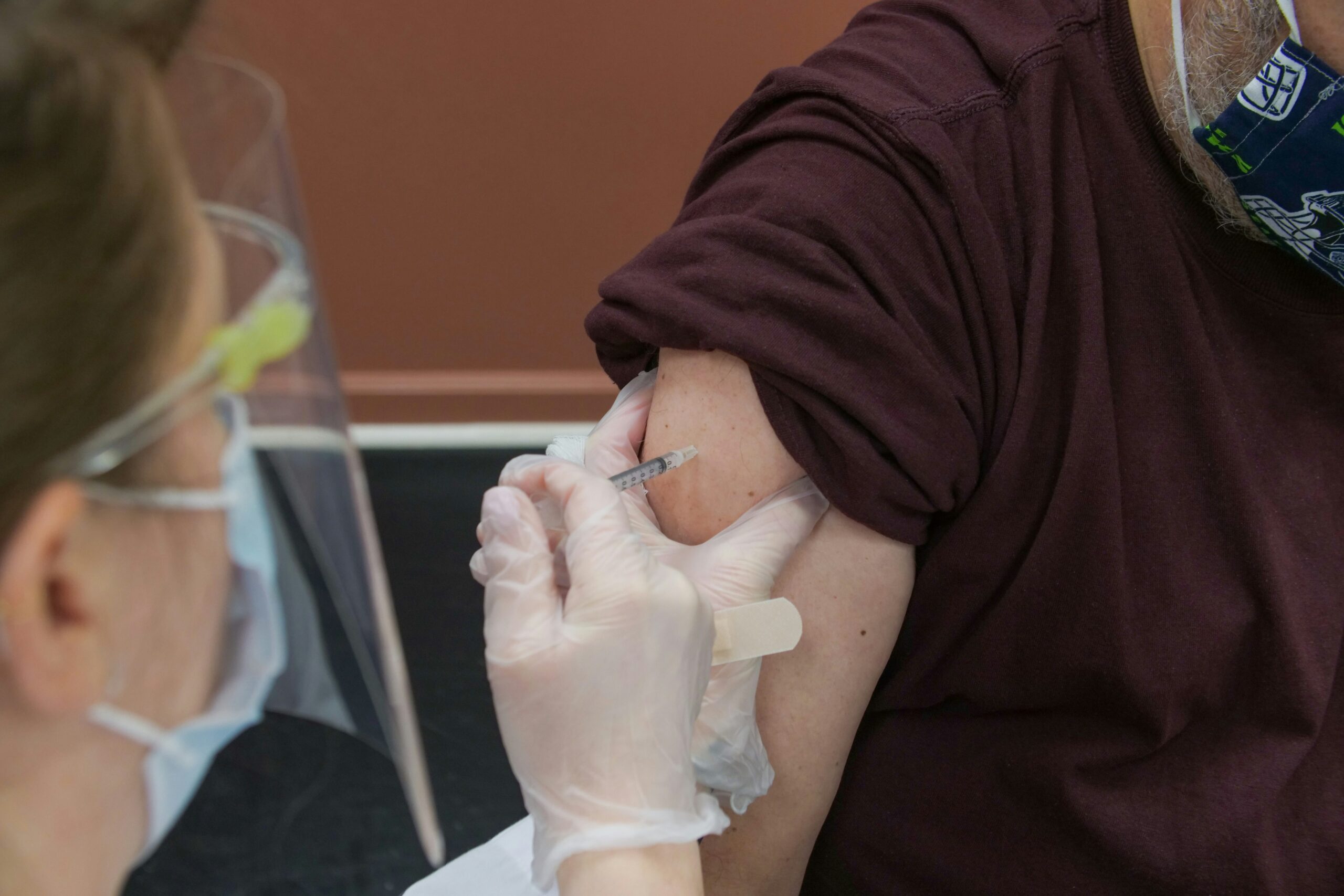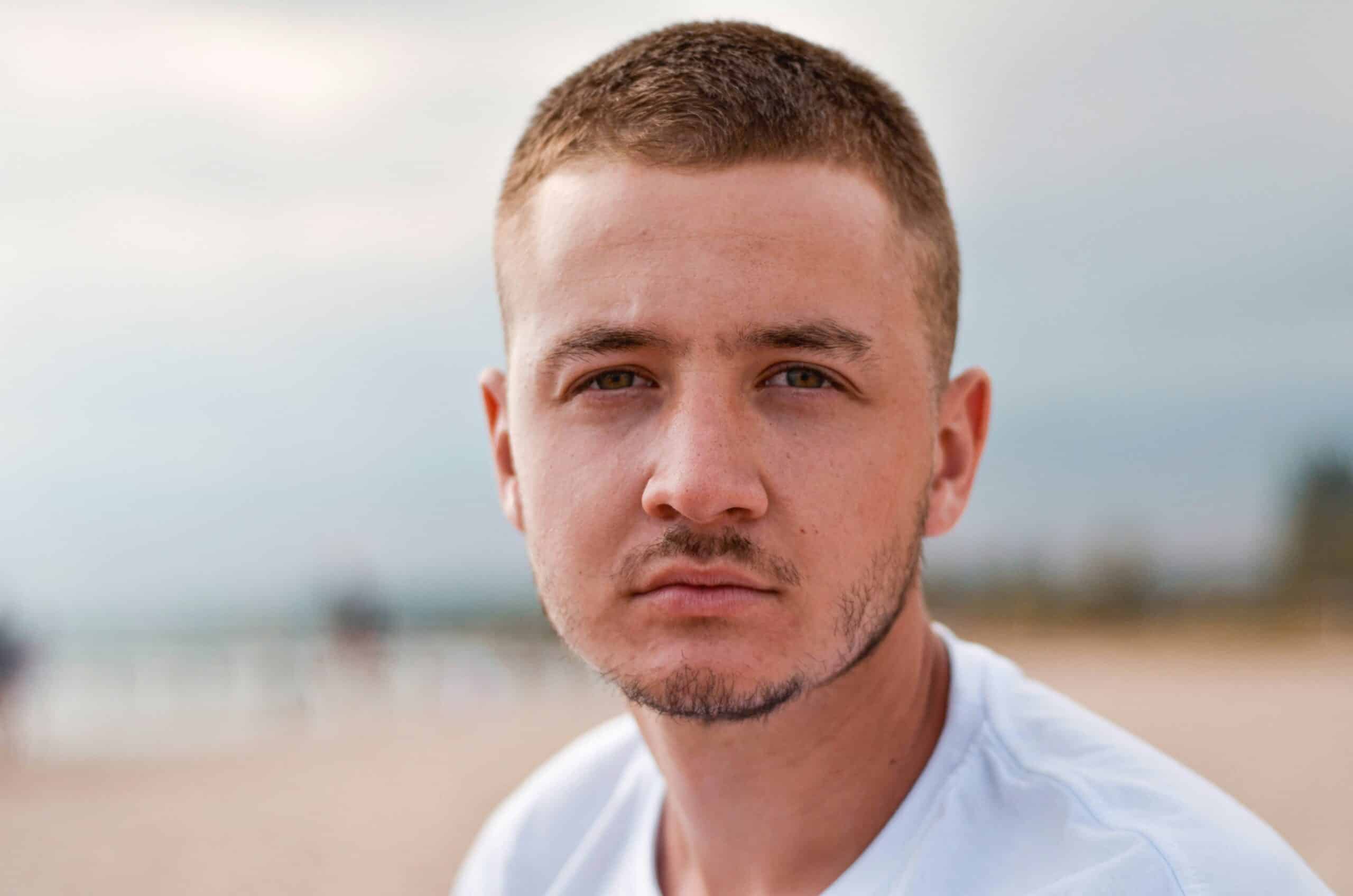Addiction has destroyed many relationships, specifically marriage and love relationships. When you are married to someone who is addicted to drugs or alcohol, your entire life is turned upside down. The lying, manipulating, stealing, and cheating by the addicted person all too often results in the non-addicted partner leaving or seeking a divorce. “A marriage can survive addiction,” says Ken Wynn, a family therapist at Lakeview Health, but he has a caveat. “If the non-addicted partner does not utilize resources to get help for themselves, the survival of the marriage will be extremely unlikely.” It will also depend on the strength of the bond between the spouses. If they have been married for many years and children are involved, the addicted person will often be more motivated to get help and the non-addicted partner more inclined to give the marriage one more chance. “Whether or not you and your partner truly love each other makes a difference when it comes to overcoming a substance dependence and healing your relationship,” write Christopher Kennedy Lawford and Beverly Engel in When Your Partner Has an Addiction. “The reason is this: you and your partner must work together, in collaboration, for your partner to have the best chance of recovery and for the two of you to have a strong emotional connection.”
Life Partners Also Need Help
At Lakeview, that collaboration could begin with participation in a three-day family workshop with family members of other patients. “Couples need to work on restoring trust because trust is almost always a casualty in addiction,” says Wynn. “They definitely should take advantage of the opportunity our family workshop offers.” Family therapy will help the partner better understand the disease of addiction and make sense of the unacceptable behavior of their spouse during active addiction. “The partner will also learn to identify enabling behaviors on their part and how to avoid them in the future,” says Wynn. Unfortunately, some partners reject the idea that family members should be directly involved in therapy. “They think, ‘I’m not the sick person. Why do I need treatment?’ and stay away,” says Wynn. Lakeview also strongly recommends that spouses join a 12-Step fellowship for family members like Al-Anon and Nar-Anon. These programs were developed to help family and friends of addicts recover from the effects of living with an addicted person. Twelve-Step fellowships have been very important to many people struggling with substance use disorders and can be just as helpful for their loved ones. If spouses say they don’t need the help of such support groups, Wynn usually asks them how the addiction of their partner has affected them over the years. “When they repeatedly lied to you, betrayed you, and in some cases stole from you, what has that done to you?” Wynn would ask and “Do you want to stay that way?” During family workshops, Wynn often hears “I can’t trust him” and “I worry so much about her.” Many spouses report that the first time they were able to sleep at night for a long time was when their addicted partner was in rehab or in jail. “If they want to know what they can do to change that situation, I point out what they can do to alleviate that problem. Getting help for themselves is one of them. If they’re not prepared to participate in some form of therapy, the relationship is often doomed,” says Wynn. “People who are truly in love can inspire each other to be better,” write Lawford and Engel. Even after years of drug and alcohol abuse, a marriage can be saved, but both partners have to do the hard work of recovery and understand how drug addiction affects relationships.




